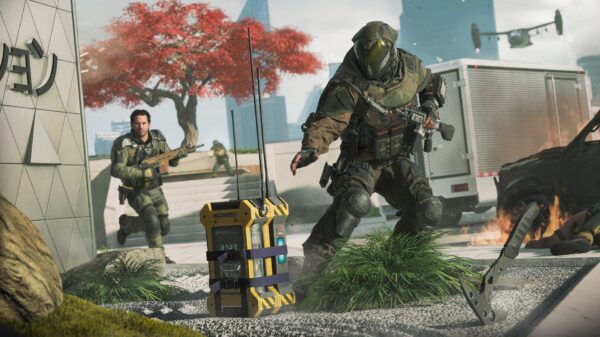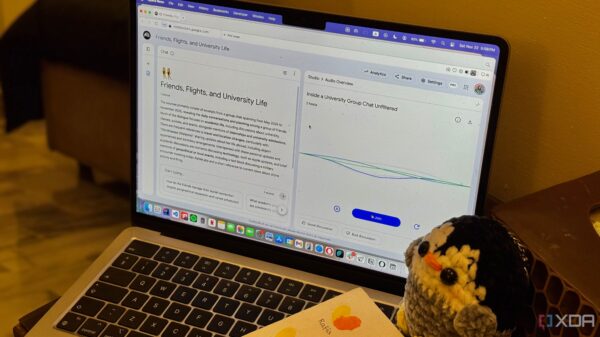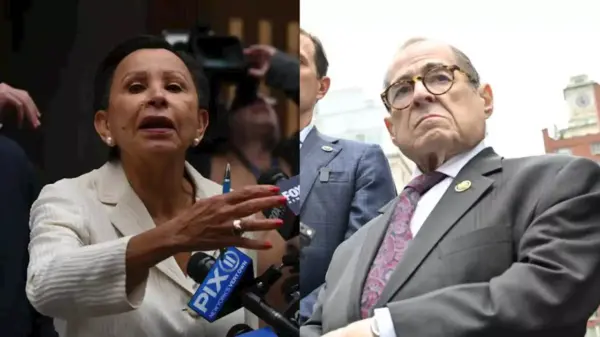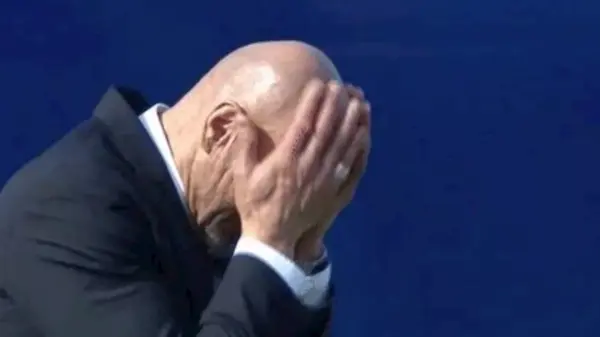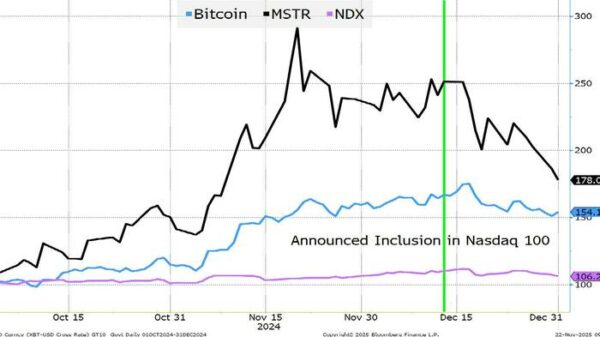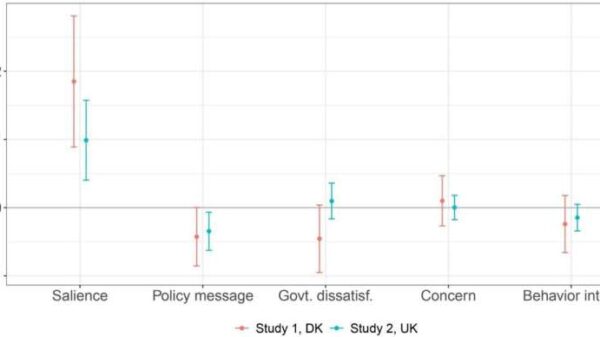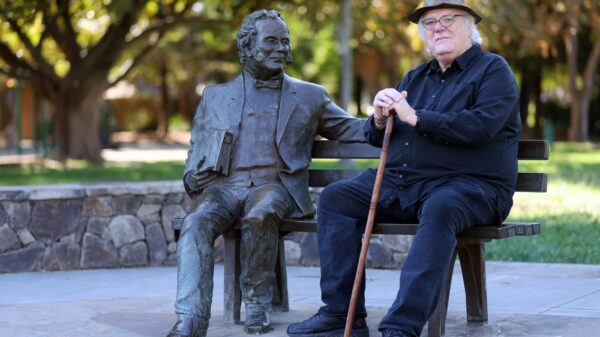Recent debates surrounding immigration policy in the United States have intensified, drawing parallels to historical conflicts. In a letter to the editor, resident Danny Dickson of Gretna expressed concerns over the criticism directed at Immigration and Customs Enforcement (ICE) agents and National Guard troops who enforce these policies. He argues that these individuals are often unjustly blamed for the actions of elected officials.
As the political landscape becomes increasingly polarized, many view the actions of ICE and the National Guard as emblematic of broader societal issues. Critics argue that immigration enforcement represents oppression and moral decline, echoing sentiments felt during the Vietnam War in the 1970s. Dickson draws a direct comparison, suggesting that the hostility faced by ICE agents and National Guard members mirrors the backlash experienced by Vietnam veterans upon their return home.
In his letter, Dickson emphasizes that both veterans and law enforcement personnel do not shape the political environment. Instead, they are bound by the policies determined by elected officials. He calls for a reassessment of public sentiment, encouraging individuals to direct their frustrations toward lawmakers rather than the personnel tasked with enforcing the law.
With immigration policy remaining a contentious topic, Dickson’s perspective highlights the importance of distinguishing between those who create policies and those who implement them. He advocates for civic engagement, urging citizens to hold politicians accountable through voting, writing, or calling their representatives.
The conversation surrounding immigration enforcement is far from over. As communities grapple with complex issues of legality and morality, the debate serves as a reminder of the human impact of political decisions. Dickson’s call to action suggests a need for a more nuanced discussion that recognizes the roles of both policymakers and those who carry out their directives.
In an era marked by division, understanding the perspectives of all parties involved may pave the way for more constructive dialogue.




